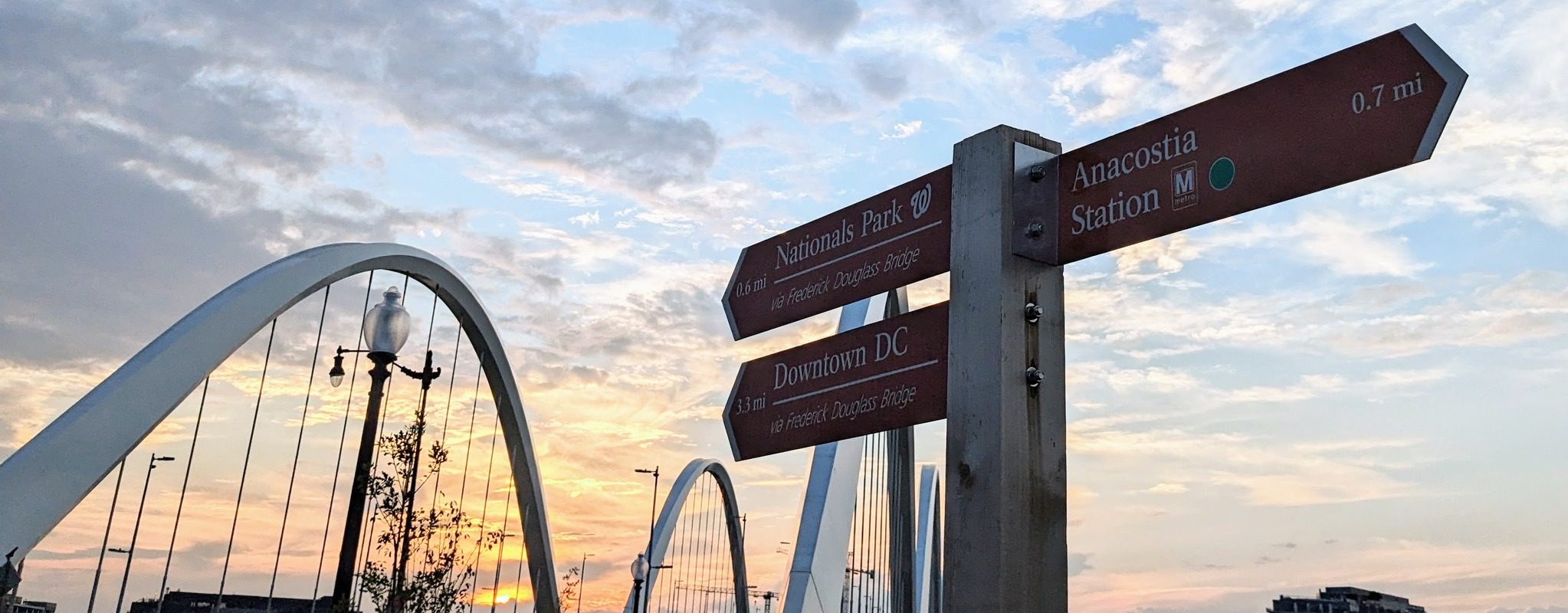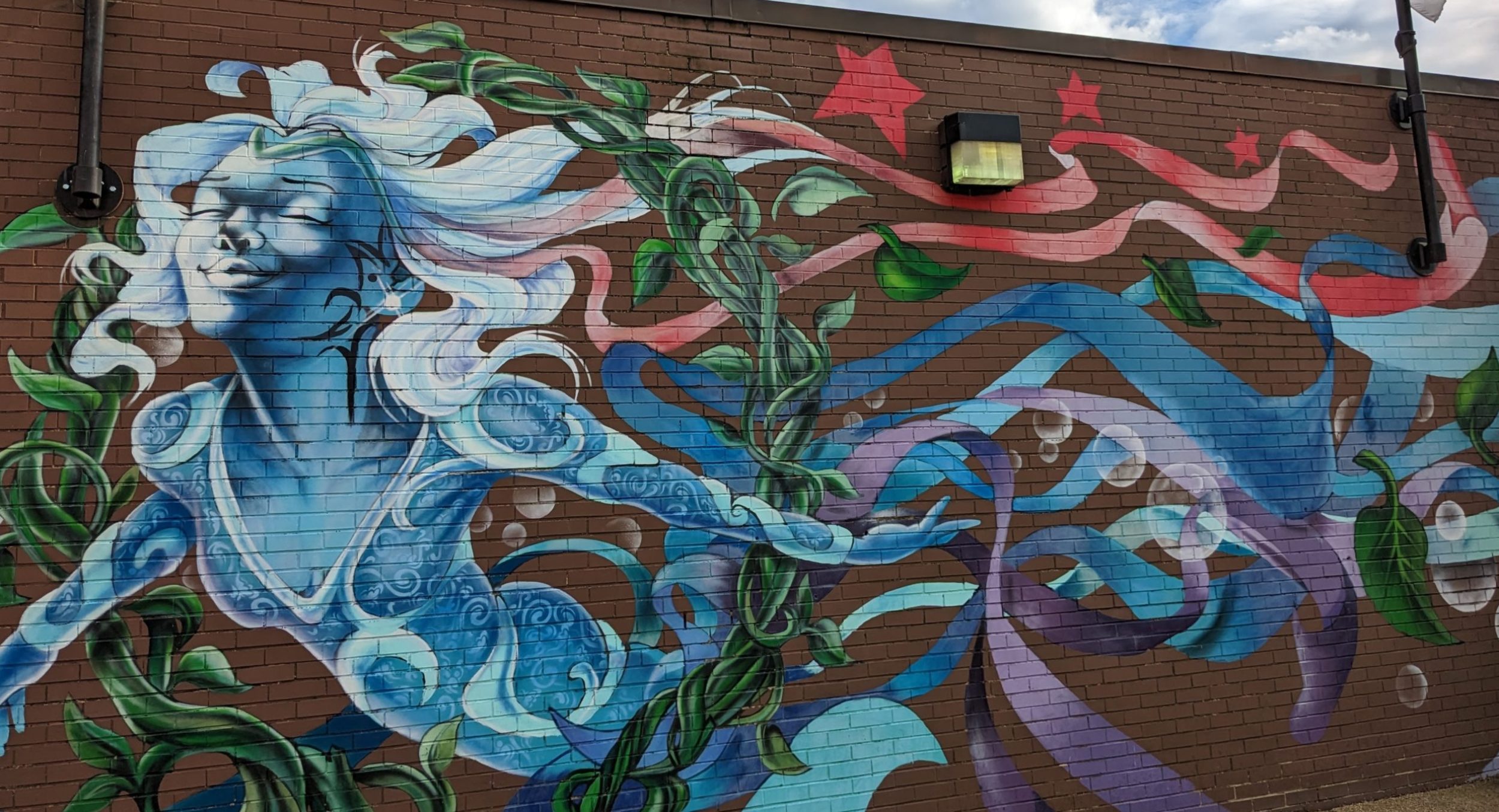The penguin colony of Boulders, South Africa, shown in part in photos, above may number as many as 2,500. The documentary, “City Slickers” shows how this group of braying penguins invaded this pretty town–with mixed reception from local residents. It’s a wonderful little movie/ Clips are available at http://animal.discovery.com/convergence/safari/cityslickers/video/video.html.
Good thing the penguins could simply take over a Boulders beach, starting with a single breeding pair around 1983. They could hardly afford to buy now. From 2000 to 2006, South African residential property values rose about 15 percent a year, according to Absa Group, the nation’s largest consumer bank.
The boom reflects in part how South Africa has been transformed from a pariah nation to one where the soccer World Cup games will be played in 2010. The founders of the Boulders colony may have come from a much larger penguin group at Dyer Island, not far from Robben Island where Wikipedia says Nelson Mandela spent 18 of his 27 prison years. Mandela was jailed for fighting South Africa’s legalized discrimination against its black majority, a policy known as apartheid.
Pressure from outside South Africa help push its government to change. People and companies stopped doing business with South Africa. There was the 1985 song, “Sun City,” about a famous South African resort, from Miami Steve Van Zandt, then known best for his work as a member of Bruce Springsteen’s E Street Band. His most famous role came later as Sil on HBO’s “The Sopranos.” There were anti-apartheid protests on U.S. college campuses. Far worse perhaps for the South African government was Chase Manhattan Bank’s 1985 decision not to roll over short-term loans.
My husband and I talked a little about how South Africa changed with Jack London, Jack, shown below, is the owner of the Topsail hotel, a former convent turned to a lovely inn where we stayed for two nights. It’s in Simonstown, right up the road from the penguins.
Jack told us that he and his wife had been living in South Africa for more than 20 years before the nation evolved to a degree that made them want to become citizens.
Under pressure from boycotts, South Africa held a referendum in 1992 about whether it should do more toward ending apartheid. The Londons, U.K. natives, joined a long line of expatriates in waiting to register for South African citizenship so they could vote for these reforms. Local businesses sent sandwiches and drinks to the people to make their wait easier, Jack told us.
That referendum helped cleared the way for the 1994 election where Mandela, a political prisoner for more than a third of his then 75 years, became South Africa’s president. A new constitution followed for a nation, where so many had been denied voting rights and basic freedoms for decades.
Mandela gets credit for having held together his reborn South Africa, a job which very few could have done. South Africans of Dutch descent had bullied and exploited and sometimes tortured and killed their black neighbors for decades. There had been tensions too among blacks groups too.
Mandela seems to appeal to South Africans today as George Washington has since the early years of the U.S. to Americans. There were Washington portraits in people’s homes in the years after the Revolution. The U.S. Capitol even has an 1865 painting that shows Washington ascending to the heavens, a shockingly pagan portrait for a nation so steeped in Judeo-Christian tradition. http://www.aoc.gov/cc/art/rotunda/apotheosis/index.cfm
Mandela’s face appears on everything in South Africa from tie-dyed dresses to mugs and wood carvings. Oprah magazine, South African version, in 2005 ran an article about musician Yvonne Chaka Chaka, saying her living room is filled with framed pictures of her children, extended family “and, of course, treasured visits from Madiba.”
Madiba is an honorific title for Mandela. It appears frequently in South African newspapers and magazines, and almost never does the author make it clear Mandela is Madiba. It seems something South Africans seem expected to know.
Mandela stepped down in 1999. South Africa’s president since has been Thabo Mbeki, best known outside of his country for saying the HIV virus doesn’t cause AIDS. In the same period of time following Washington’s departure from politics, the U.S. presidency passed from John Adams to Thomas Jefferson.
David and I reviewed the biographies of early U.S. presidents to pass time during long drives on our trip later to South Africa’s neighbor to the north, Namibia. I read him the biographies from the Encyclopedia Britannica, which I have on a card I can read on my PDA.
It made me think about how many talented people America was lucky enough to have at its beginning. Virginian Jefferson arguing for the rights of states, while New York resident Alexander Hamilton fought for a stronger and more financially powerful central government. Adams and his son, John Quincy Adams. James Madison, who fought for the Bill of Rights. Perhaps I only think this because I have been taught to, and America has had time and prosperity enough to lionize the men who shaped it.
We would often find an entry raised questions for us, so I would divert to read about things like why Jefferson opposed then-President John Adams over the 1798 Alien and Sedition Acts. These limited press criticism of the government and placed restrictions on immigrants because of fears of a war with France, which never was to happen.
This is a mark against the otherwise great contributions Adams made, overreacting to an imagined threat. You have to wonder if Mbeki’s strengths in working with the South African economy will be enough for him to be regarded well some centuries for now. Will history be as kind to Mbeki, who has undermined his nation’s attempts to handle what nonprofit group Avert calls “one of the most severe AIDS epidemics in the world,’’ with 5.5 million people living with the virus that can cause AIDS, HIV, and almost 1,000 AIDS deaths occurring every day?

